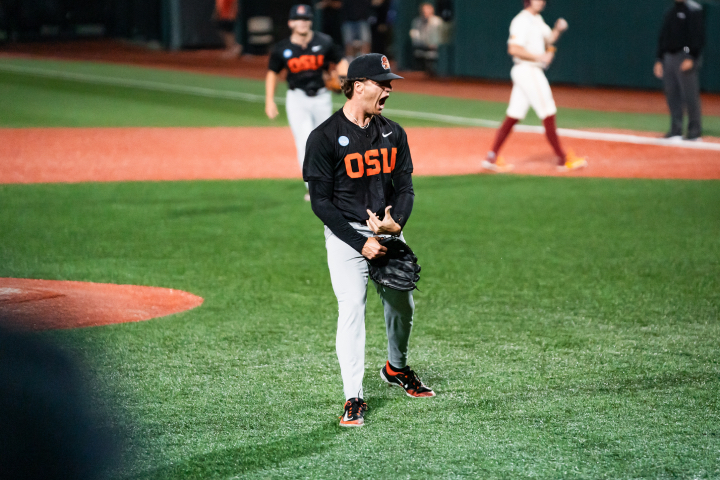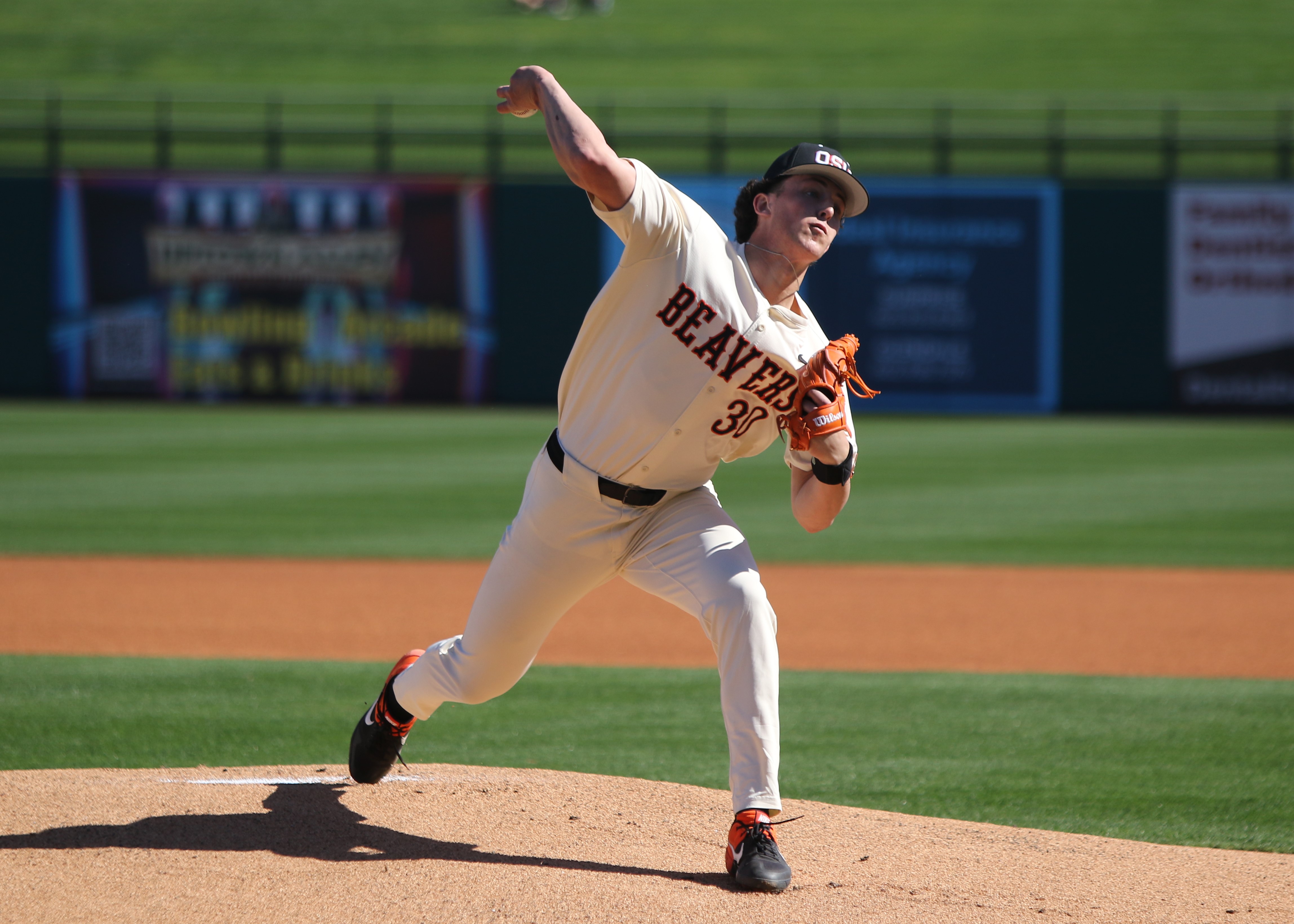Marathon concerts: Do we really want them?
Published 12:00 am Saturday, October 25, 2014
When the Beatles invaded in 1964 it lasted all of about 25 minutes, with a 12-song set for a ticket price of $5.90.
Imagine Paul McCartney running out now and bashing through just a dozen songs when the price right on the ticket goes as high as $262.50.
The promoters would have some very angry 60-somethings on their hands.
In the modern concert world, the 30-minute set doesn’t cut it anymore — Warped Tour aside — and fans often come expecting a marathon.
We can look to Bruce Springsteen and The Grateful Dead as the main heroes (or culprits) of the two-and-a-half-hour set.
It’s a thing of beauty in the right hands. There weren’t a whole lot of people complaining when Sir Paul, at 72, did 37 songs over almost three hours. There are plenty of still-vital Rock and Roll Hall of Famers — Neil Young, the Rolling Stones, the Allman Brothers, Elton John, Billy Joel, among them — who can easily carry a set that long.
But the marathon set is also a mixed blessing. Do we need more than two hours of Justin Timberlake? Katy Perry? Lady Gaga? None have catalogs that run very deep, but they all surpass the two-hour mark.
Fleetwood Mac and Jackson Browne both delivered two-and-a-half-hour sets on their current tours, with widely varying results. Fleetwood has three quality front people, one of them with wild energy — hello, Lindsey Buckingham — and an endless catalog of rockers and ballads that range sonically from “Gold Dust Woman” to “Tusk.” Browne’s approach of playing one slow song after another, and discarding most of his uptempo hits, was so leaden they should have passed out No-Doze at his Pittsburgh show.
It’s nice that artists want to be generous and give people their money’s worth. But they also need to weigh the energy of the performance and the quality of the material with people’s attention spans.
“The standard on most contracts would be 90 minutes, and everyone knows that,” says Pittsburgh’s Rich Engler, a longtime promoter. “If someone plays less than an hour, people should bitch and probably should get their money back. It’s like playing till the third quarter. Bruce Springsteen raised the bar for putting out and giving people sometimes more than they wanted and more than they ever expected, even in the ’70s.”
Pearl Jam and The Foo Fighters both have frontmen who look up to The Boss and have bought into the marathon set concept. The last time we saw the Foos, Dave Grohl and company extended just about every song, almost monotonously so, given the similar verse-chorus-verse formula.
The best show Pearl Jam ever did might have been the killer 30 minutes at Lollapalooza ’92, where they seemed like wild animals unleashed on the stage. The worst was the earnest plodder they did following an electrifying Iggy Pop in Pittsburgh in ’98. Last year’s PJ show was great, but I’d still love to see Eddie Vedder and crew just kick it out for 100 minutes.
Jam bands are a whole other animal. Phish, Dave Matthews Band, moe., etc., follow the Dead model of three-hour sets filled with noodling solos and 20-minute songs. Obviously, you can’t play five of those and call it a night.
The Black Keys drummer Patrick Carney said before his tour stop in Pittsburgh last month that some fans want the Keys to embrace the jam-band model. They’re not interested.
“I can’t sit through a two-hour concert. I just can’t do it,” Carney says. “I want to leave wanting to hear more. I don’t want to push the limits of someone’s attention span, especially nowadays. And that’s basically how we determine how long to play for. Most of the time we play for like 90 minutes, but we play 21 songs. There’s some bands where their fans are up for a three-hour concert. But Dan (Auerbach) and I have never been into that. Some of our fans want us to play for three hours. That’s never been our scene, really.”
The Zac Brown Band, a jammier style of country band, is always up for a marathon. Even Kenny Chesney does it during his stadium spectacles. Most of the country acts like to keep it under two hours.
“We always like to play an hour and a half,” says Dave Haywood of Lady Antebellum. “You don’t want to do a three-hour show and journey through all the material. We’ve had 15 radio singles, half were No. 1’s. We want to play those songs. People love to come out to shows, but they need to love to go home, too.”
Most big venue shows usually wrap up by 11.
“A lot of facilities have an 11 o’clock curfew,” Engler says. “After that, you start going into overtime with union stagehands and the work crew. There’s somewhat of a money situation where door accountants don’t want their artists going into overtime. Some artists just don’t care. They’re making so much money, an extra $5,000 is well spent because they poured every bit of sweat and energy into that show.”
When Springsteen played Pittsburgh’s Syria Mosque in 1975, his indulgent set length resulted in a crazy scene with then-house manager Dorothy Steele.
“Miss Steele went on stage and was shaking her finger at Bruce, and goes, ‘Young man! Young man! This must end!’” Engler recalls. “And Bruce was startled and surprised, then quickly ended the song. I went running and got there way too late. She had already done her deal. But what happened was, people heard he was back on and were putting their cars in park out in the parking lot and running back in. For security and everything, it was a nightmare because all the security guards had already checked out, so people were storming onto the stage.”
As a promoter, Engler received many complaints over the years from fans about shows too short but doesn’t remember many about them being too long — “although it may have been in their mind.”
Fan expectations vary based on how much they love the artist. Some fans just want to have fun, hear the hits and say they were there with a picture on Instagram. Others want to hear every song the artist ever did and then some.
Also, if you only go to a few concerts a year, you want to maximize the experience. So, a couple of songs too short and you might feel cheated. But if they overstay the welcome, the energy might just fizzle.
“It’s unfortunate that we get some fans (ticked) off when we don’t play 40 songs,” Carney says. “If we had Paul McCartney’s catalog, maybe we’d be more inclined to play for three hours.”






